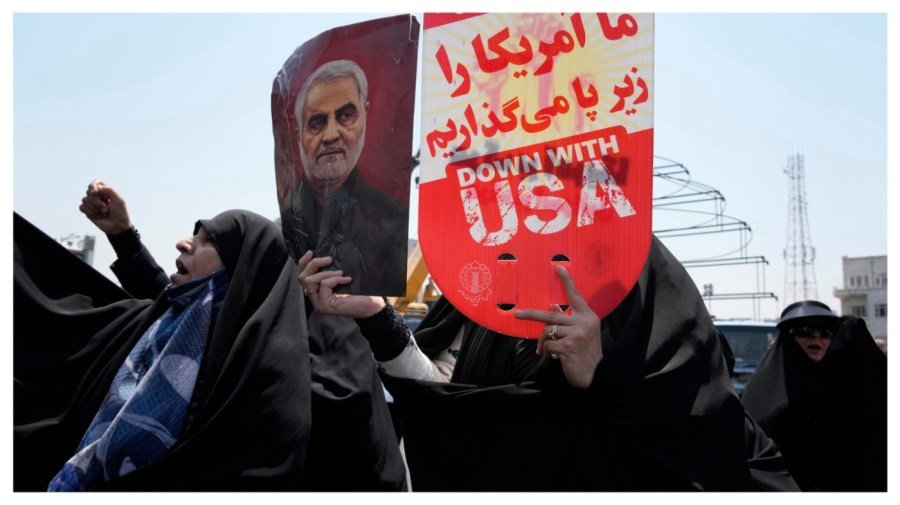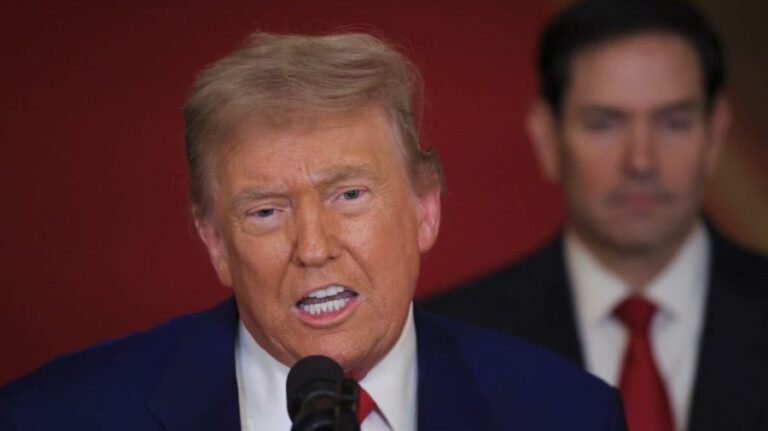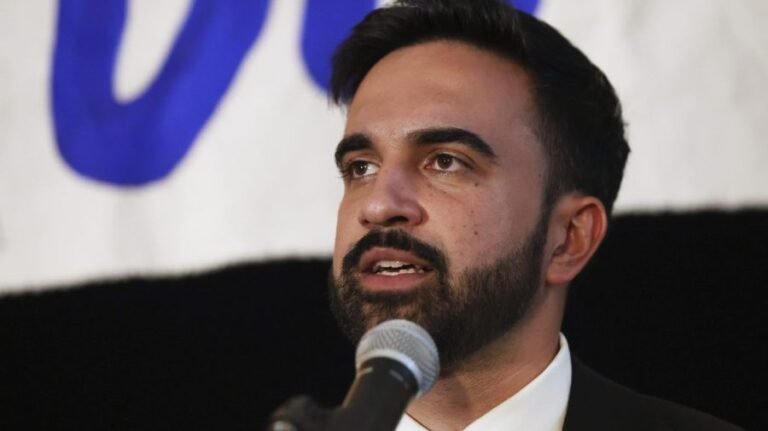
The Trump administration has warned of Iranian “sleeper cells” operating in America as the United States braces for Tehran’s response to strikes on three of its nuclear sites over the weekend.
Sleeper cells generally refer to foreign agents who lie low, going about their seemingly normal daily life, until called on to carry out a mission or attack.
NBC News reported that Iran sent a communique to President Trump in the days before the strikes threatening sleeper-cell terrorist attacks inside the U.S. in retaliation.
Former national security and defense officials say the threat should be taken seriously, even if it’s less likely than other forms of Iranian retaliation.
“Look, they operate that way, not just in the United States, but around the world,” former Defense secretary and CIA chief Leon Panetta told CNN earlier this week. “That’s something that Iran is very capable of and has shown that it can do that in other areas.”
Retired Gen. Wesley Clark told MSNBC he believed Iranian agents in the U.S. could “self-activate” in response to American bombings, potentially seeking to murder certain officials or blow up the electric grid.
However, he said there was a “low probability” of such attacks, and that an Iran-linked militia attacking U.S. troops in the Middle East was more likely.
Javed Ali, a former counterterrorism director at the National Security Council during Trump’s first term, said Iran had little to gain from any direct attacks on the U.S.
“I don’t think we’re in a threat window where Iran is going to respond against the United States anywhere. I just think it would be completely counterproductive to the position that they’re in,” he said, citing the fragile ceasefire between Iran and Israel.
Bruce Hoffman, a Georgetown professor and former executive of the RAND Corporation, said cyberattacks linked to Iran were an “omnipresent threat … that probably has become sharpened in the past week,” while a lone wolf attack was the “preeminent threat.”
The Department of Homeland Security warned Sunday that American networks could face low-level cyberattacks by either Tehran-affiliated or pro-Iran independent hackers. Iran-aligned hackers took credit for an attack over the weekend on Truth Social, Trump’s social media network.
The threat posed by Iran on American soil has been a recurring issue as tensions with Tehran rise and fall.
The U.S. has accused Iranian individuals of plots to kill Trump, his former national security adviser John Bolton and former Secretary or State Mike Pompeo.
In 2011, authorities foiled a plan to kill Saudi Arabia’s then-ambassador to the United States using a bomb in Georgetown’s Cafe Milano. Manssor Arbabsiar, an Iranian American used car salesman, was allegedly recruited by his cousin, a senior official in Iran’s Quds Force. But the plan fell apart after Arbabsiar attempted to partner with a Mexican drug cartel member who was actually a federal informant.
“Amateurish on the one hand, but at the same time, that’s a chilling determination. That would have been a major terrorist incident,” said Hoffman.
“Time and time again, it seemed like the people who were given the task to carry out those types of missions here were not professionals,” said Ali.
The Trump administration has linked it’s latest warnings to former President Biden’s immigration policies, suggesting would-be Iranian terrorists were allowed to cross the border.
“I think it’s a real threat,” said Interior Secretary Doug Burgum of sleeper cells Wednesday on Fox News.
“This is just a carryover of the disastrous open border policies of Joe Biden,” he added.
A memo sent Saturday from Customs and Border Protection Commissioner Rodney Scott, obtained by The Hill’s sister network NewsNation, said “thousands of Iranian nationals have been documented entering the United States illegally and countless more were likely in the known and unknown got-a-ways.”
“Though we have not received any specific credible threats to share with you all currently, the threat of sleeper cells or sympathizers acting on their own, or at the behest of Iran has never been higher,” Scott added.
During a Senate hearing Wednesday, Attorney General Pam Bondi sidestepped a question from Sen. Lindsey Graham (R-La.) about whether Iran had sleeper cells in the United States.
“We have thus far arrested 1,500 illegal Iranians in our country,” Bondi said after a pause. “That is something that I would like to talk about in a classified setting.”
Trump officials have also broadcast the arrests of 11 Iranian nationals they said were unlawfully present in the United States in separate cases over the weekend, including one man they claimed was an Iranian army sniper until 2021.
Ali, who has been out of government since 2018, questioned whether sleeper cells could have gone undetected by American law enforcement.
“Are there people under investigation by FBI with links to the Quds Force or MOIS here in the United States? Maybe,” he said. “But does it mean that they’re part of actual attack cells? Also an open question. And if they were, then why weren’t they arrested?”






